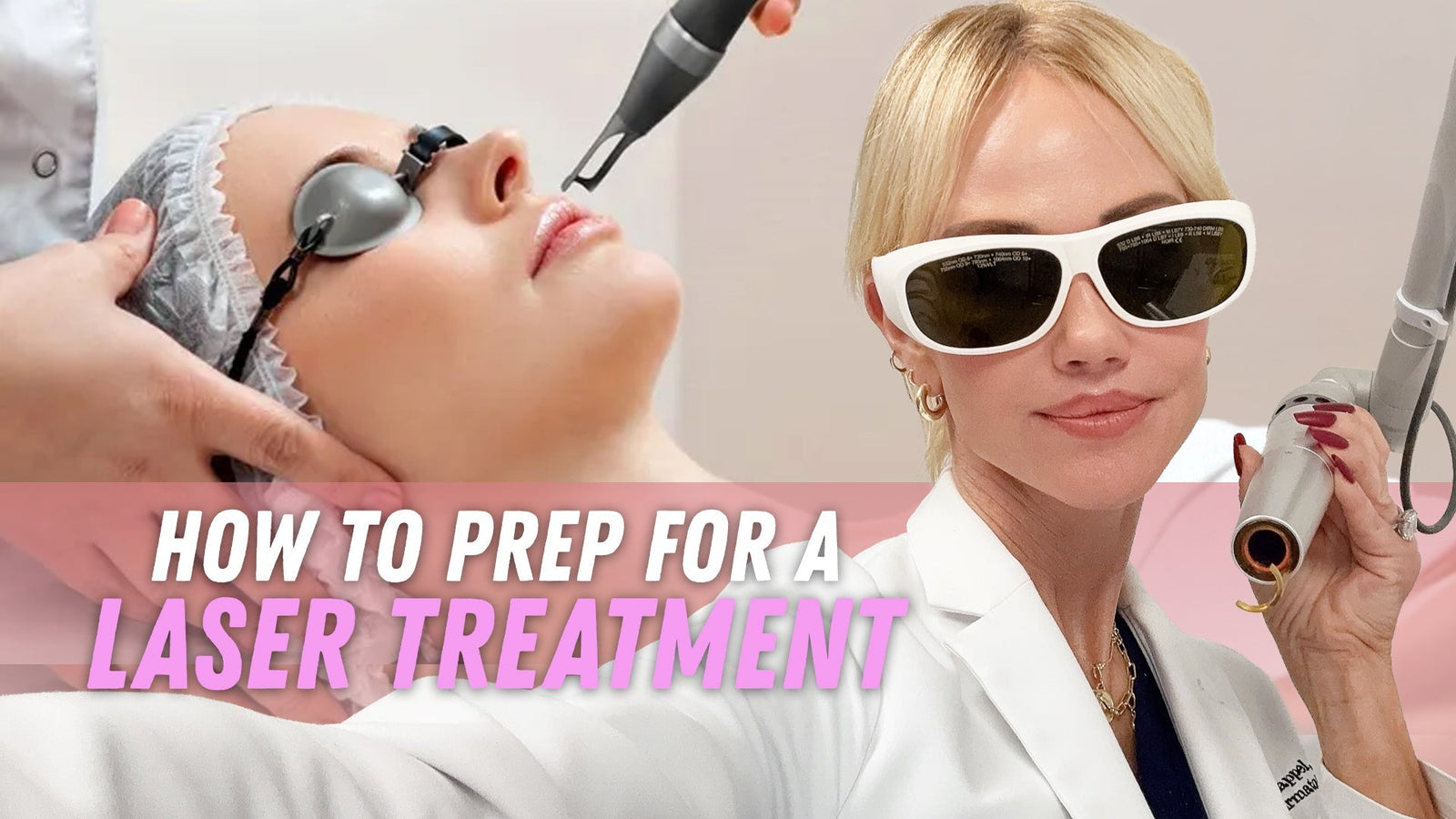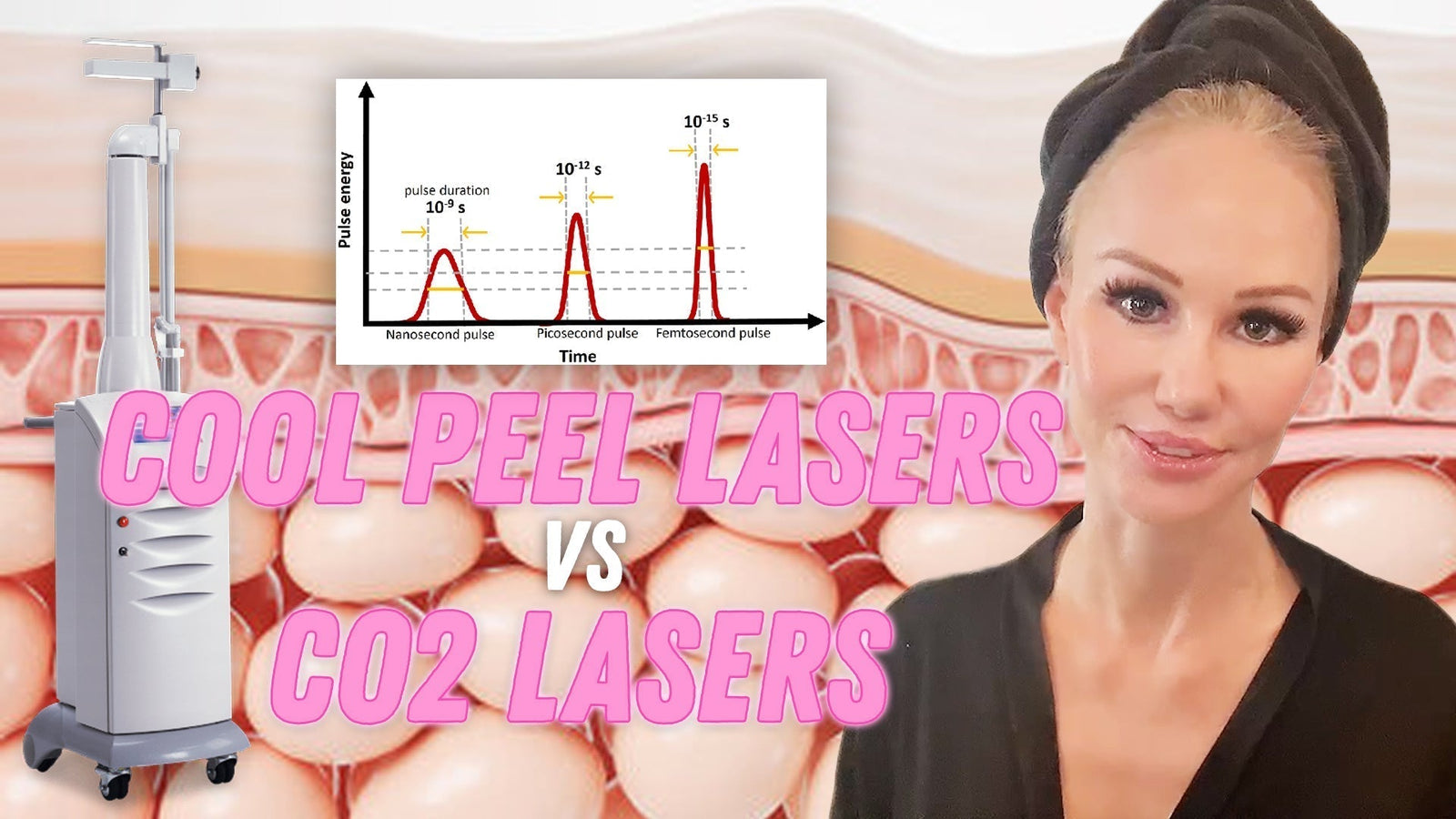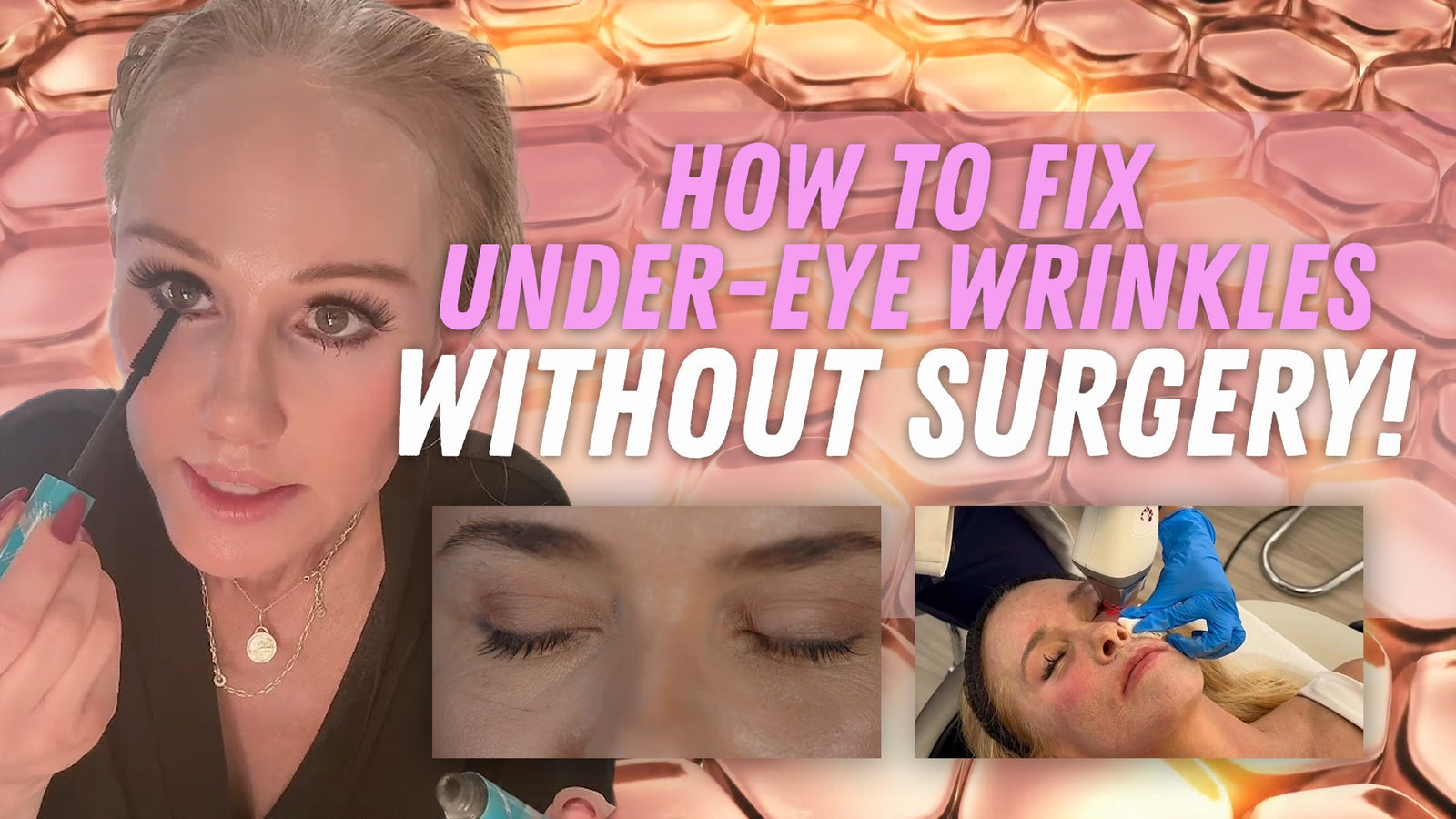Have you ever noticed little white bumps around your eyes, or maybe on your eyelids? Have you tried to squeeze these bumps but end up simply irritating the skin and not actually removing them?
These are Milia! Milia are little white cyst type structures buried deep within your skin that are composed of a build up of keratin. Keratin is the protein that is found in skin cells and hair, and on the skin keratin is usually exfoliated and removed from the top layers of your skin regularly, but when that exfoliation process doesn’t happen keratin can build up and become trapped in your follicles, leading to little cyst type papules deep within the skin called milia. They look like little white heads but they are too deep to be simply squeezed out like a regular white head. And if you try to squeeze them, which most people do, you’ll be unsuccessful at removing them and end up traumatizing the skin.
So how do you remove them? Glad you asked! You will need to see a dermatologist to get these little bumps removed. Your doctor will likely use a blade and an extractor to remove them safely. There are other methods, such as cryotherapy and electrocautery, but I don’t recommend these therapies as they can be traumatizing to the skin and lead to post inflammatory hyperpigmentation, or depigmentation, if done incorrectly. So try to find a dermatologist that will use a blade and extractor if possible!
Most of the time people who get Milia have a genetic predisposition to the condition, however, there are a few things you can do to help prevent the occurrence of Milia.
In-office treatments:
- Get laser resurfacing twice per year under the eye area. This helps to remove the build up of keratin that leads to Milia formation. I personally have done this twice a year since I was in my early 20s and have found amazing results with it!
- See an esthetician regularly for exfoliating treatments like a hydrafacial. This will help keep your follicles clear of buildup and prevent Milia from forming in the follicles.
At home treatments:
- Avoid products that are thick and occlusive. This includes products with petrolatum, oils, and paraffins. Think of the consistency of Aquaphor, this is exactly what you want to avoid in the eye area to help reduce the occurrence of Milia.
- Use a retinol or Retinol A or vitamin A derivative in the eye area to help exfoliate the keratin off your skin. Use these products sparingly and gently around the eye area so you don’t irritate the delicate skin there.
- Use a gentle cleanser and a clean, soft wash cloth under the eye to cleanse and gently exfoliate.
Remember that Milia can be genetic, don't try to poke at them at home, and know that you’re not to blame for this condition, it's just part of your genetic blueprint! You can have them safely treated by a dermatologist and maintain your results at home with the suggestions above.
Take a look at my YouTube video about Milia below for some more in depth knowledge.



